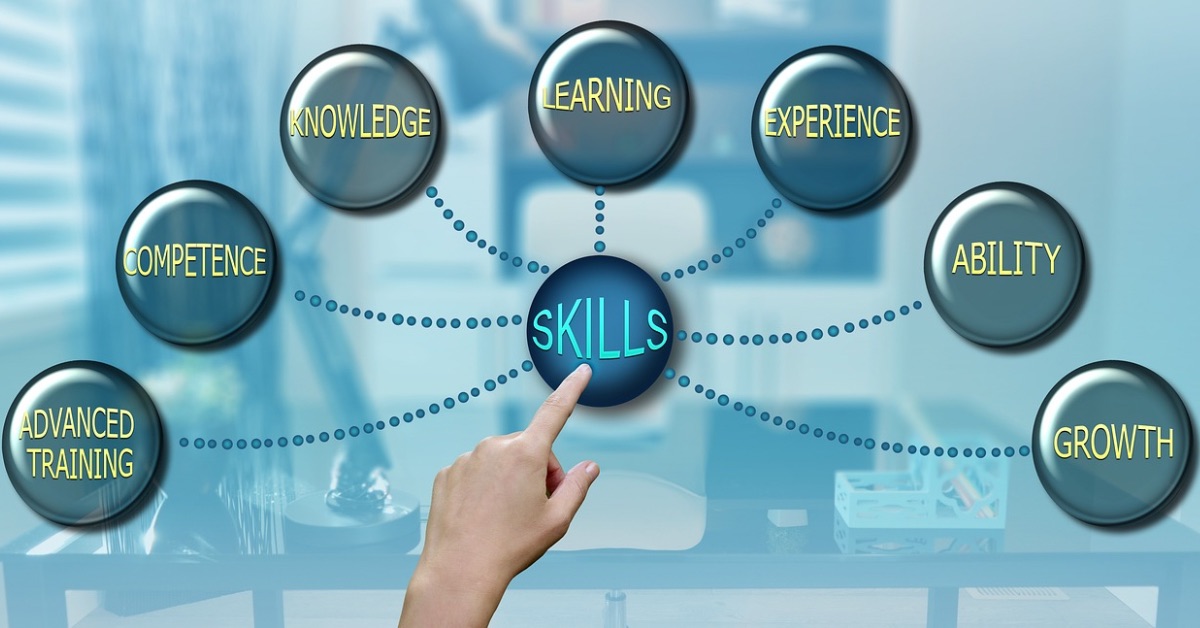Skill acquisition is a multifaceted process that involves the development, refinement, and mastery of abilities through practice, experience, and learning. Whether it’s acquiring a new language, honing musical proficiency, or mastering a sport, the journey of skill acquisition is a dynamic and intricate endeavor.
At the heart of skill acquisition lies the concept of neuropathology, the brain’s remarkable ability to reorganize itself by forming new neural connections. This fundamental neurological phenomenon underscores the brain’s adaptability in response to experiences and challenges. When individuals engage in skill acquisition, they stimulate specific neural pathways, creating a structural and functional foundation for the new skill.
The process of skill acquisition often begins with the initial phase of cognitive learning. In this stage, individuals grasp the fundamental principles, rules, and concepts associated with the skill. For example, when learning to play a musical instrument, one must understand musical notation, finger placements, and basic techniques. This cognitive understanding serves as the scaffolding upon which the subsequent stages of skill development are constructed.
Transitioning from cognitive learning to the associative phase involves repetitive practice and the refinement of motor skills. During this stage, individuals start to connect the acquired knowledge with physical actions, gradually improving coordination and execution. Mistakes and errors are common but are integral to the learning process as they contribute to the development of muscle memory and the fine-tuning of movements.
Deliberate practice, a concept popularized by psychologist Anders Ericsson, plays a pivotal role in skill acquisition. It involves purposeful and focused training with the specific goal of improvement. Deliberate practice is characterized by breaking down the skill into smaller components, identifying weaknesses, and systematically addressing them through targeted exercises. This methodical approach accelerates the learning curve and enhances the efficiency of skill acquisition.
Beyond the individual effort, the role of feedback in skill acquisition cannot be overstated. Constructive feedback provides valuable insights into areas for improvement, helping individuals refine their techniques and strategies. This feedback loop, whether from mentors, coaches, or peers, fosters continuous learning and adaptation, propelling the skill acquisition process forward.
The journey towards skill mastery often involves navigating the challenging phase of frustration and plateaus. It’s not uncommon for individuals to experience periods where progress seems stagnant or slow. However, overcoming these plateaus requires resilience, perseverance, and a strategic approach to problem-solving. Adjusting practice routines, seeking diverse perspectives, and exploring alternative learning methods can help individuals break through these barriers and continue their trajectory towards expertise.
Furthermore, the social context in which skill acquisition occurs can significantly influence the process. Collaborative learning environments, such as group classes or team sports, offer opportunities for shared experiences, mutual support, and the exchange of insights. The social dynamics contribute to a sense of community and motivation, enhancing the overall learning experience.
Technology has also transformed the landscape of skill acquisition. Online platforms, interactive simulations, and virtual reality tools provide accessible and immersive learning experiences. These technological advancements facilitate self-paced learning, allowing individuals to tailor their practice routines to their specific needs and preferences.
The transferability of skills across domains is another intriguing aspect of skill acquisition. Cognitive scientists have explored the idea of “transfer of learning,” suggesting that skills acquired in one context can be applied or adapted to another. This interconnectedness highlights the holistic nature of skill acquisition, where the development of one skill can have a positive impact on related or seemingly unrelated abilities.
Skill acquisition is a dynamic and multifaceted process that engages the brain’s neuropathology, involves deliberate practice, relies on constructive feedback, and thrives in social and technological contexts. Whether pursuing a hobby, profession, or personal development goal, individuals navigate through cognitive learning, associative practice, and autonomous mastery, overcoming challenges and plateaus along the way. The journey of skill acquisition is a testament to the remarkable adaptability and potential for growth inherent in the human brain.
Skill acquisition, the threads of neuroplasticity, deliberate practice, constructive feedback, and social context weave together a compelling narrative of human adaptability and growth. As individuals embark on the journey of acquiring new skills, they traverse the cognitive landscape, building a solid foundation of knowledge that serves as the scaffold for subsequent stages. The associative phase brings forth the refining touch of repetitive practice, melding cognitive understanding with motor skills and establishing the groundwork for mastery.
Deliberate practice emerges as the guiding compass, steering learners through purposeful and focused training that targets weaknesses and accelerates improvement. This methodical approach transforms challenges and mistakes into stepping stones, contributing to the development of muscle memory and fine-tuning of movements. Alongside individual effort, the symphony of feedback plays a harmonious role, providing valuable insights and propelling learners toward continuous refinement.
The journey is not without its peaks and valleys, as frustration and plateaus punctuate the landscape of skill acquisition. Yet, it is within these moments that resilience, perseverance, and strategic problem-solving come to the forefront. Adjusting practices, seeking diverse perspectives, and embracing alternative learning methods become the tools that empower individuals to break through barriers and navigate toward expertise.
The social dimension adds depth to the narrative, with collaborative learning environments fostering community, shared experiences, and mutual support. In this collective journey, technology emerges as a transformative force, offering accessible and immersive learning experiences that adapt to individual preferences. Moreover, the transferability of skills across domains illuminates the interconnected nature of human capabilities, showcasing the ripple effect of growth in one area on related or seemingly unrelated abilities.
As the culmination of these threads, the conclusion of the skill acquisition narrative is one of profound understanding. It is a testament to the resilience and adaptability of the human brain, the efficacy of deliberate practice, the transformative power of feedback, and the enriching influence of social and technological contexts. Skill acquisition is not merely a process; it is a dynamic voyage where individuals sculpt their potential, overcoming challenges, embracing growth, and weaving their unique tapestry of expertise in the grand mosaic of human achievement.

